Inside: To help our children have fulfilling lives, it’s important to instill within them a love of learning and help them to become a lifelong learner. Here are 6 ways to inspire your children to become lifelong learners and why it’s so important to their creative spirit.
Lifelong Learner
What is a Lifelong Learner?
In Judaism, there is an old tradition that when a young boy begins to study the Torah and when he reads his first word from the Torah, he is given some honey or something sweet to eat.
Why? So, he will always associate learning with sweetness.
Not only does lifelong learning add sweetness to our lives, but it’s also important to our overall health and well-being and adds significantly to the quality of our lives. Contrary to the old saying, “you can’t take it with you,” when it comes to learning you CAN take it with you!
If being a lifelong learner is that powerful, we also want our children to be lifelong learners. So what does being a “lifelong learner” actually mean? It’s a rich phrase with a simple definition:
Someone who is passionate about learning and pursues it relentlessly all of their lives.
Many people believe as they grow older, they lose the ability to learn, to think clearly, to remember things, and to be a fully functioning person. But, science shows otherwise.
The Decade of the Brain
The 1990s were considered “the decade of the brain.” Because of technology, scientists were able to study the brain as never before. They discovered that preconceived ideas about the aging brain were false. Many people assume that mental and physical abilities decline with age and that after age 25, we lose significant brain capacity on a daily basis.
Scientists found the opposite is true. The average brain can improve with age. Our neurons are capable of making increasingly complex new connections throughout our lives. And, our neural endowment is so great that, even if we lost a thousand brain cells every day for the rest of our lives, it would still be less than 1% of our total.
Consider these fascinating facts about your brain:
- The brain is more flexible and multidimensional than any supercomputer
- Your brain will improve with age if you use it properly
- Your brain has the ability to learn seven facts per second, every second, for the rest of your life, and still have plenty of room left to learn more.
- Our brains are not just in our heads. According to renowned neuroscientist Dr. Candace Pert, (author of Molecules of Emotion) “intelligence is located not only in the brain but in cells that are distributed throughout the body. The traditional separation of mental processes, including emotions, from the body, is no longer valid.
- Exercise improves the ability to think because it gets blood cells moving.
- Each brain is unique. Of the eight billion people currently living and the more than 90 billion who have ever lived, there has never, unless you are an identical twin, been anyone quite like you. Your creative gifts, your fingerprints, your expressions, your DNA, your dreams, are unprecedented and unique.
- The brain is capable of making a virtually unlimited number of synaptic connections or potential patterns of thought.
Pyotr Anokhin of Moscow University compared the human brain to a “multidimensional musical instrument that could play an infinite number of musical pieces simultaneously.” And that each of us is gifted with a birthright of virtually unlimited potential.
In other words, we have the capacity to learn throughout our entire lives. And we can utilize all kinds of learning to accomplish this with excitement and adventure.
Here are some reasons for being a lifelong learner and how to teach your kids to be the same.
6 Ideas for Becoming a Lifelong Learner
#1 Lifelong Learner: Passionate about Learning
A lifelong learner is someone who is passionate about learning. Parents who are lifelong learners become examples to their children of how important learning is and that learning is something that can be enjoyed and embraced for a lifetime.
Parents who love learning, provide their children with many opportunities such as lessons and they take them to places such as:
- field trips
- art and science museums
- libraries
- musicals, operas, ballets, plays, etc.
- nature walks, hiking, studies
- planting gardens
- trips to various parts of the world
They help make science, social studies, history, math, and all the arts (music, art, literature, drama, etc.) something to pursue and learn about. They use the dinner table as opportunities to talk about current events and discuss what their children are learning in school.
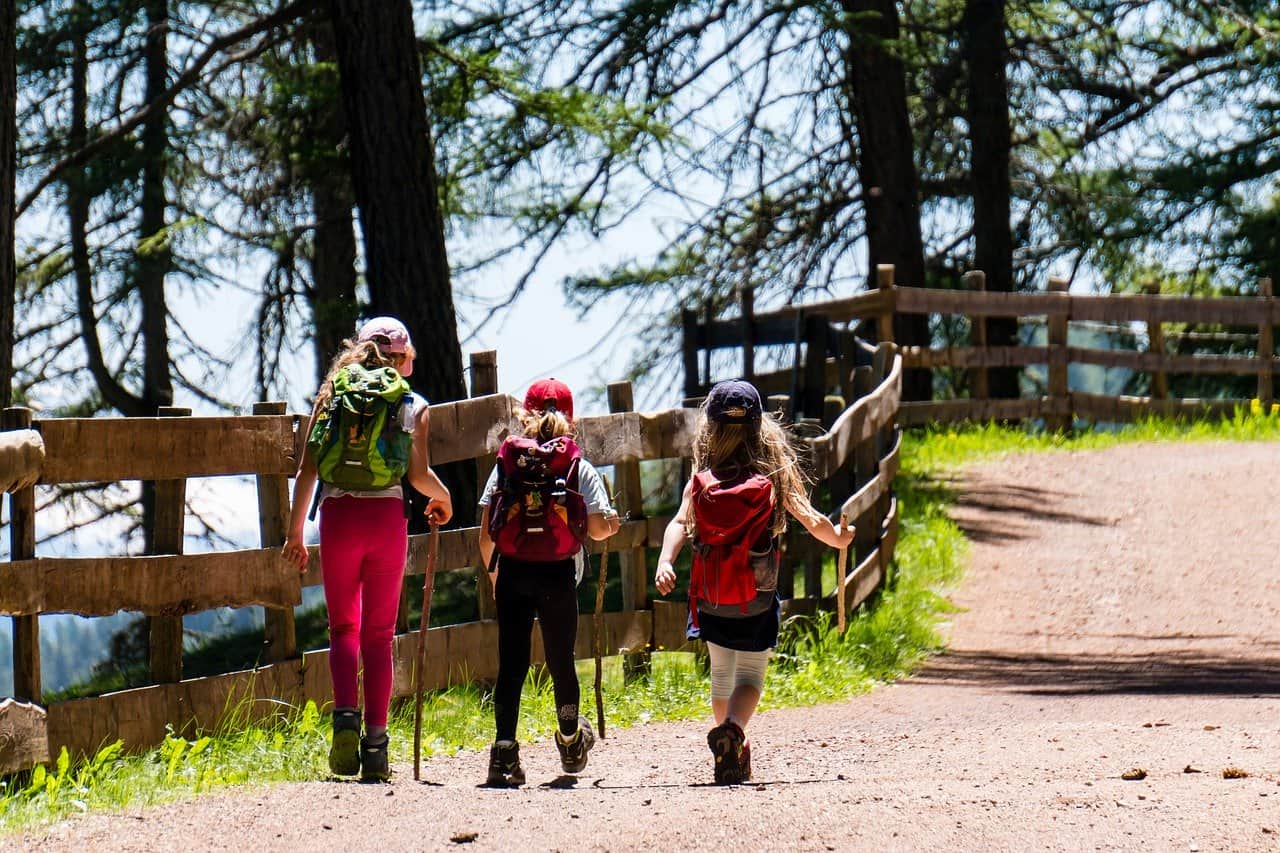
Help your children to become passionate about learning by giving them lessons; taking them on hikes, to the museums, libraries, musicals, ballets and more–anything that will whet their appetites and enthusiasm for learning, discovering and creating
#2 Lifelong Learner: Keeps the Brain Active
Teach your children that learning is fun and will keep their brains active, energetic, and working on all 4-cylinders. Learning is also a way to ward off the ravages of aging. Studies on aging nuns (some over the age of 100) indicate that keeping the brain active through journaling, reading, exercising, doing crossword puzzles, playing musical instruments, etc., will keep the brain in tip-top shape and may even prevent dementia.
#3 Lifelong Learner: Learning Enriches Our Lives
Livelong learning enriches a person’s life. He or she is able to draw from a wellspring of knowledge and understanding about life, etc., and share this knowledge with family and friends. Learning creates a happy, fulfilling life. And, as the saying goes, “knowledge is power.” However, to be a lifelong learner does not mean you have to have numerous degrees. Many lifelong learners are people, who through avid reading and studying, have taught themselves.
#4 Lifelong Learner: Famous Lifelong Learners
Throughout the ages, there have been hundreds of impressive lifelong learners that have left behind their legacy of learning and growing. Some of them started developing talents and pursuing learning early in life while others found their “learning niche” later in life. But all enjoyed learning throughout their lives. Here is a small sampling:
Leonardo da Vinci
Leonardo da Vinci: considered the greatest genius of all time was actively creating until he died at the age of 67 on May 2, 1519. He was very repentant and apologized to God and man for leaving so much undone. He said, “I shall continue,” “I never tire of being useful.”
His accomplishments include
- Artist
- Inventor
- Military Engineer
- Scientist (Anatomy, Botany Geology & Physics)
Leonardo da Vinci’s approach to knowledge set the stage for the modern scientific thinker and he was ahead of most scientists of the age. For example:
- 40 years before Copernicus—da Vinci noted that “The sun does not move. The earth is not the center of the circle of the sun, nor in the center of the universe.”
- 60 years before Galileo—He suggested that “a large magnifying lens” should be used to study the surface of the moon and other heavenly bodies.
- 200 years before Newton—anticipating the theory of gravitation, he wrote: “Every weight tends to fall towards the center by the shortest possible. Every heavy substance presses downward, and cannot be upheld perpetually, the whole earth must become spherical.”
Grandma Moses
Grandma Moses started painting at the age of 67 and continued to paint and draw until her death at 101. Considered a late bloomer by 21st century standards, she illustrated to the world that learning and the development of talents can start at any age.
John Holt
John Holt was 50 when he decided to learn the cello. Through intense practicing, he was able to join an orchestra and continues to play and perform today.
Marjory Stoneman Douglas
Mary Stoneman Douglas was an American journalist, author, women’s suffrage advocate, and conservationist. She is known for her staunch defense of the Everglades against efforts to drain it and reclaim land for development. She died in 1998 at the age of 108 and worked on the everglade restoration until she died.
She had begun her crusade nearly half a century earlier long before today’s environmental movement, with her book, The Everglades: Rivers of Grass. In 1947 she showed that the Everglades was a vast yet fragile ecosystem that was already being depleted by agricultural irrigation and encroached upon by housing developments. She founded “Friends of the Everglades” and wrote 10 books on the subject.
#5 Lifelong Learners: Human Beings and Their Place in the Universe

We may be a small dot in the universe–but in terms of what we can accomplish–the possibilities are endless!
Human beings are the most remarkable creations on earth. They can think, feel, use their creativity, and learn throughout their lives. Animals, birds, and insects can certainly think and feel but their abilities to create fall short of what a human can do.
If we studied the planets, we would find that our universe is immense and humans are but a small dot in comparison. But, in terms of what we can accomplish, the possibilities are endless and more expansive than the universe!
#6 Lifelong Learners: Book Titles to Inspire Learning
Here are eight book titles to inspire lifelong learning and cover areas supported by my blog: music, books, nutrition, traditions, and parenting. They will stimulate yours and your children’s creative juices.
Begin today. Make a goal to become a lifelong learner. Inspire your children to do the same. Strive to learn something new every day. And as you do so, watch how you weave a legacy of learning for future generations!
What things do you as a parent do to encourage your children and teens to be lifelong learners? What about yourself? What things are you pursuing to be an example to your children and teens of lifelong learning? Please comment in the section below.
NOTE: The information from this blog is from my “Tidbits of Wisdom for Parents,” YouTube video series. Click here to access the YouTube video
Want to remember this post? Post this “Warning: What is Lifelong Learning and Why Is It So Important,” to your favorite Pinterest Board!
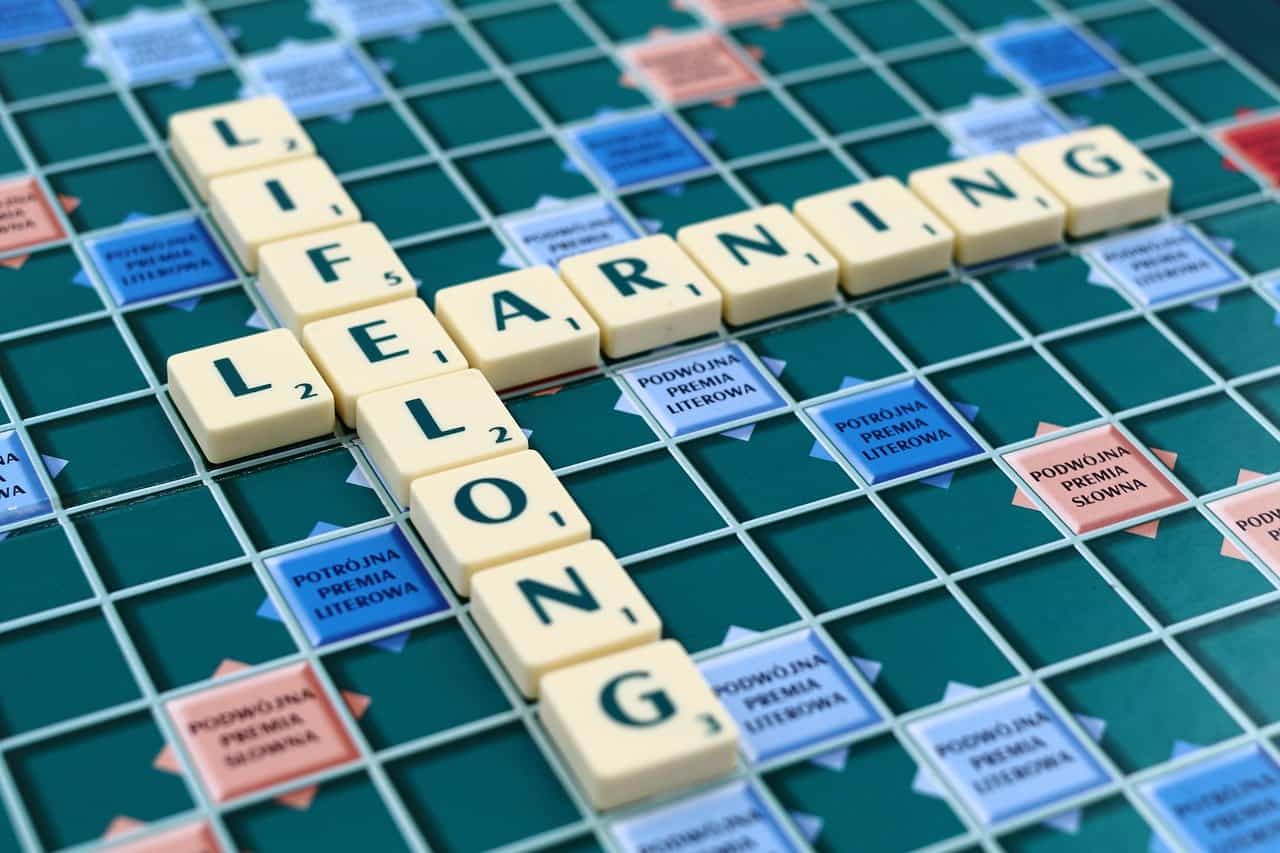


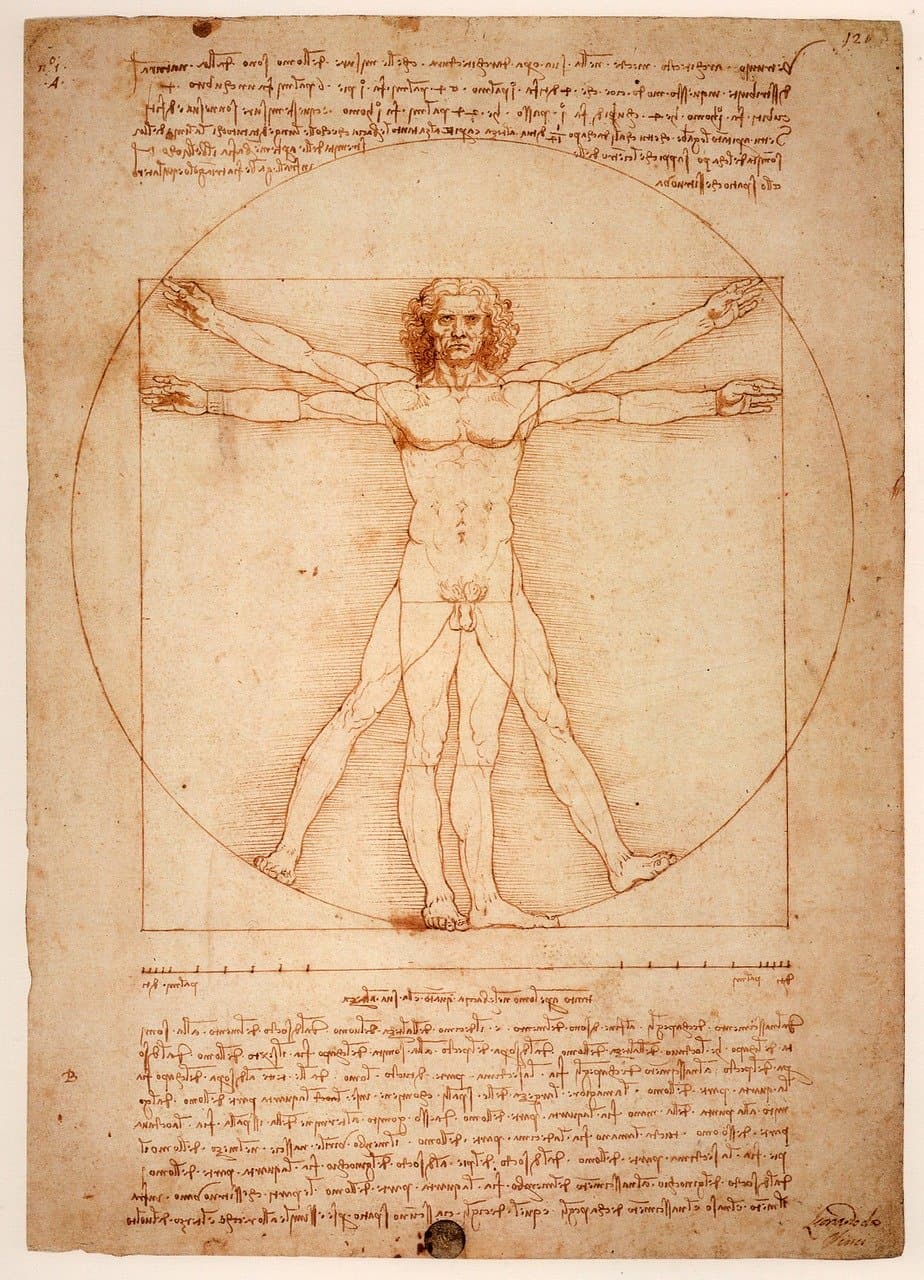
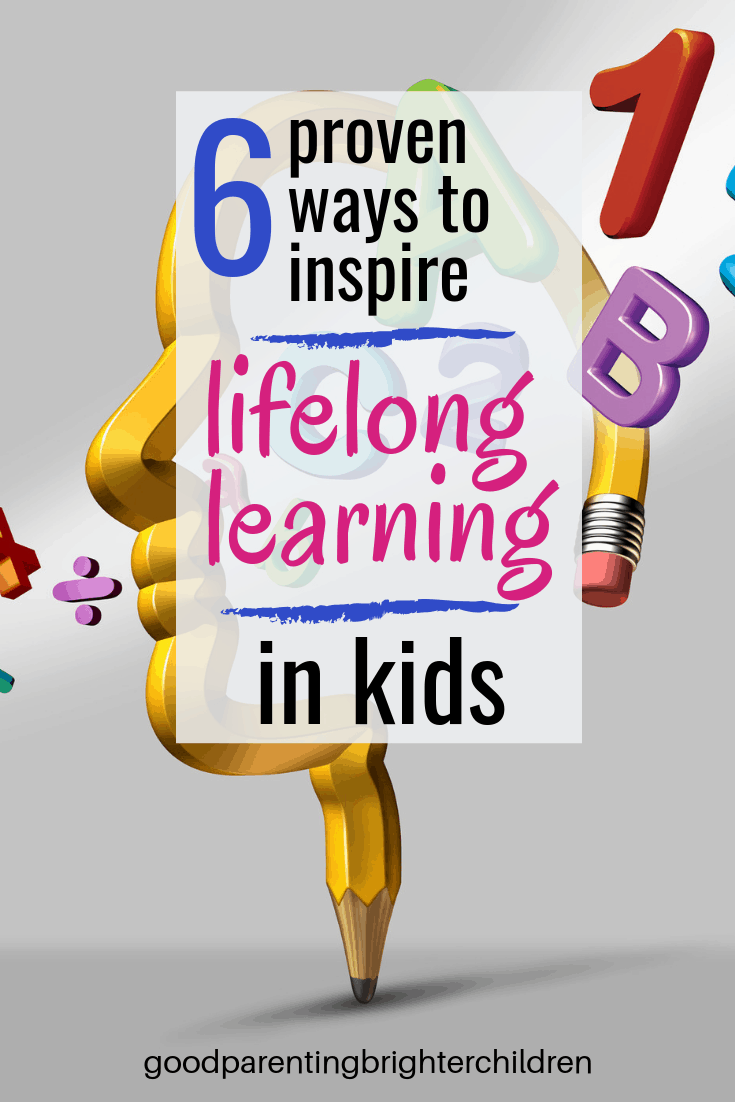
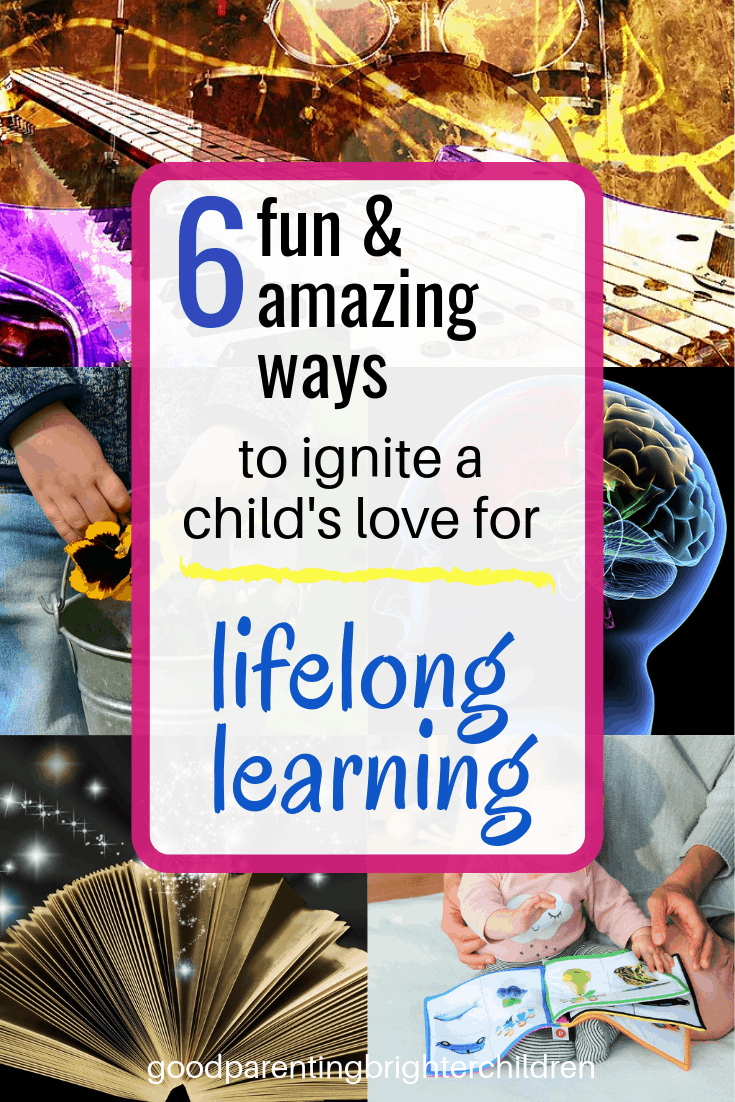


i I love everything you do. I love your blog and I am going to tell my instructor Brother Hoge about you and your blog. He has a lot of children in a short time and seems like good young partents. Thanks for everything esepcially your things a bout Lifelong learning. Im still in Pathway but it is getting so hard for me. I will keep trying its Algebra. I think if I learned it a little slowere I would do better but so much to learn so fast. I love it though.
Love Shirley Abrahansmson
Shirley–you are amazing and an incredible example of lifelong learning! As an 80-year old you are still taking classes and working towards a degree–bravo to you! And I love that you are so savvy on social media platforms! I can imagine your grandchildren love it! Good luck with Algebra–I’m impressed that you are seeing this to the “finish line.” Thank you for being such an inspiration to all of us! Love you!